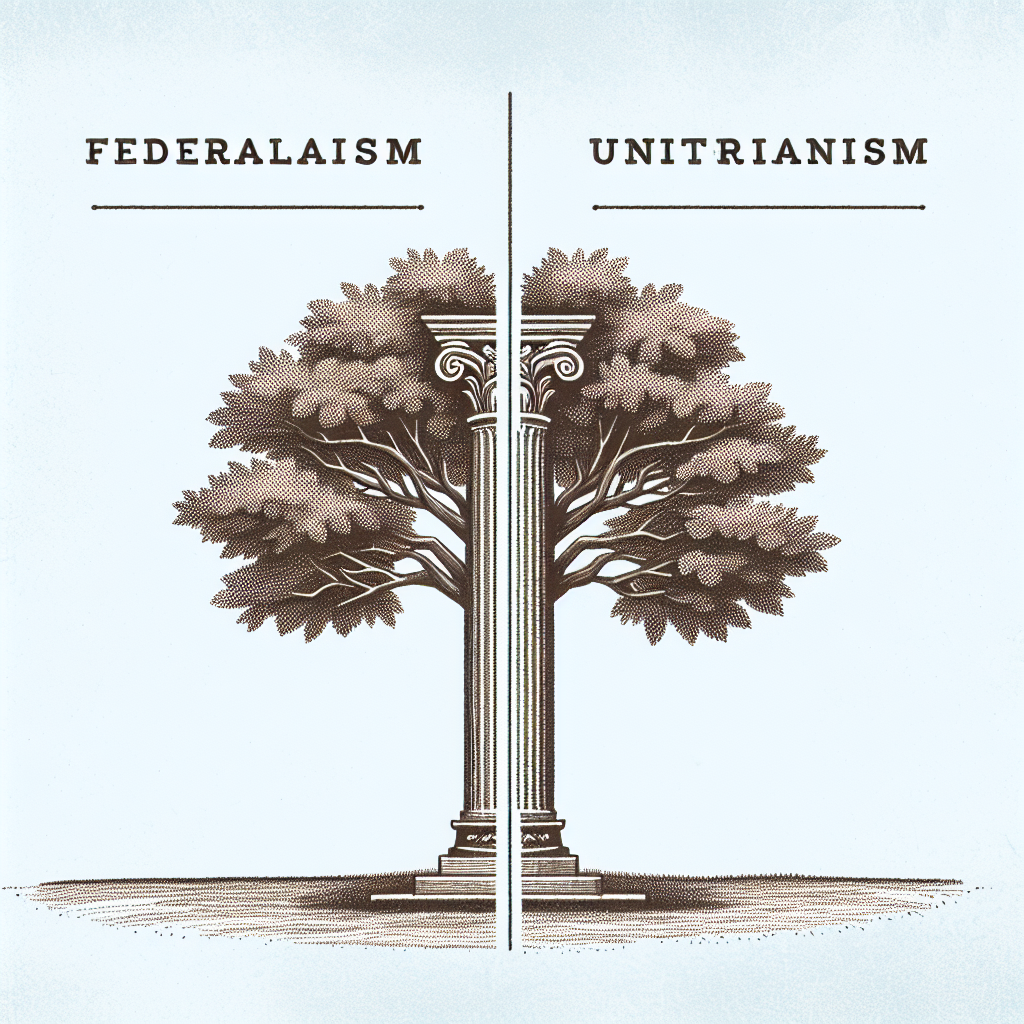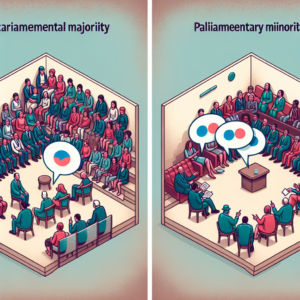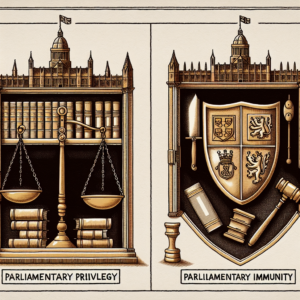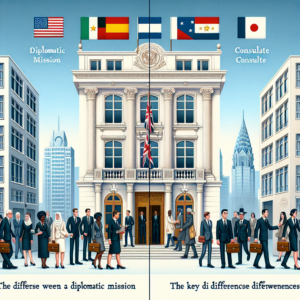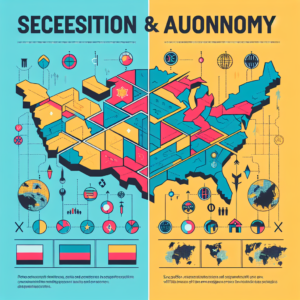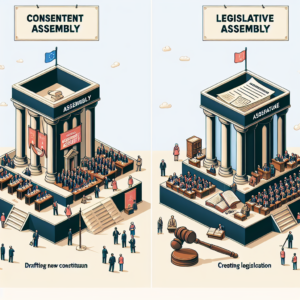When discussing political systems, the concepts of Federalism and Unitarianism often come up. Both are systems of government that dictate how power and responsibilities are distributed within a state. However, they reflect vastly different approaches to governance, each with its own advantages and disadvantages. Understanding the difference between Federalism and Unitarianism is crucial to understanding how different nations function and the impact of these systems on their governance.
Understanding the Concepts: Federalism and Unitarianism
Federalism is a political concept where the power to govern is shared between national, state, and local governments. This system was devised to prevent a single body from having an excessive amount of power and to allow for more local control. It is effectively a compromise between a strong central government and a loose confederation of independent states. In this system, both the federal government and the individual states retain some sovereign power. Countries like the United States, Australia, and India operate under a federal system of government.
Unitarianism, on the other hand, is a system of government wherein all powers are concentrated in a central government. This central government has the power to create or abolish local authorities and determine their powers and responsibilities. In a Unitarian system, the central government maintains total sovereignty. This system is more prevalent globally with countries like France, Italy, and Japan operating under a Unitarian government.
Distinguishing Between Federalism and Unitarianism: Key Differences
The main difference between Federalism and Unitarianism rests in the distribution of power. In a federal system, power is divided between the central government and several regional or state governments. Each level of government has its jurisdiction over certain policy areas and can make decisions independently of the other levels. This creates a balance of power and fosters a degree of regional autonomy.
Conversely, in a Unitarian system, ultimate authority resides with the central government. It has the sole power to delegate responsibilities and resources to the local levels of government. While local governments do exist in a Unitarian system, they operate solely at the discretion of the central government. This leads to a more uniform implementation of policies but can potentially overlook regional differences and needs.
Another key difference is the constitutional status of the local governments. In a federal system, the powers of the state or regional governments are usually constitutionally guaranteed, and cannot be unilaterally altered by the central government. However, in a Unitarian system, the powers of local governments are not constitutionally defined and can be changed or revoked by the central government at any time.
In conclusion, the answer to "What is the difference between Federalism and Unitarianism?" rests within the distribution and concentration of governmental power. Federalism fosters a balance between local and national interests, allowing for regional autonomy and diversity. Unitarianism, on the other hand, centralizes power, leading to uniformity but potentially neglecting regional specificities. Both systems have proven effective in certain contexts and countries, and each system’s effectiveness ultimately depends on a country’s size, diversity, and historical context. Understanding the difference between these two systems is crucial in any study or discussion of political science and international relations.

